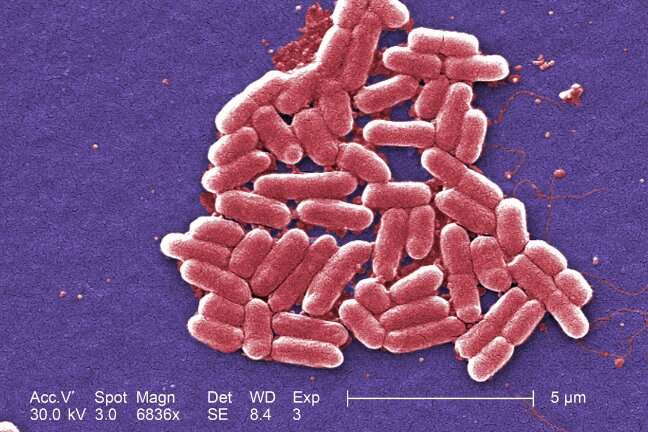Engineering natural selection in microbes has implications for biofuel production, addressing antibiotic resistance
segunda-feira, maio 11, 2020

Scientists who study adaptation or edit the genes of organisms know the limitations inherent in conventional approaches to mutation that offer little opportunity to target individual genes without altering others as well.
"So many other things change around a gene at the same time, you can't focus on how a single gene changes," said Michael Travisano, a professor in the University of Minnesota College of Biological Sciences' Department of Ecology, Evolution, and Behavior and the BioTechnology Institute. "This was a major limitation for understanding evolutionary biology and leveraging it to make products."
University researchers have now developed a tool that makes it possible to mutate a single gene at a time - opening the door not only to a better understanding of evolution, but also better ways to modify the genes of microbes to give them the ability to mass-produce molecules, such as biofuel-generating enzymes, for human use.
The approach - called Experimental Designed Genic Evolution, or EDGE makes it possible to mutate a single, specific gene in E. coli bacteria without altering others. The study was published recently in PLOS ONE.
Travisano developed EDGE in collaboration with Romas Kazlauskas, professor in the Department of Biochemistry, Molecular Biology, and Biophysics, and postdoctoral fellow Xiao Yi, both also affiliated with the BioTechnology Institute.
"That means we can get a much better idea of how the adaptation process works in a much more complex system," said Travisano.
EDGE is based on a trait that bacteria naturally have the ability to fix their DNA after it's disrupted by a stressor. Usually this happens across the genome, but the team figured out how to target it to a specific gene using what Travisano calls a "focusing agent." It alters the gene, but does not specify the location of the alteration within the gene as the gene editing system CRISPR does, allowing for faster and more efficient emergence of a desired trait.
"Improving a gene through gene editing is hard. You usually have to pick a winner. In our system we don't pick the winner. The winner wins. We can look at a lot more variation," said Travisano.
The researchers tested the function and utility of EDGE by applying it to three tasks: evolving resistance to the antibiotic tetracycline, reversing tetracycline resistance in E. coli that had previously evolved it, and developing resistance to a new antibiotic. "We were able to go forward, backward and novel all selection regimes we know about and are well known to be important, so we could understand why we got the results we got and could demonstrate the utility of the system," said Travisano.
Travisano anticipates that other researchers will be interested in applying the results of this fusion of biotechnology and evolutionary biology to understanding how antibiotic resistance arises and how to overcome it. It also holds potential for commercial applications aimed at producing proteins with desirable traits to enhance the production of renewable fuels, improve health care and more.
Source: Phys.org


















0 comentários
Agradecemos seu comentário! Volte sempre :)